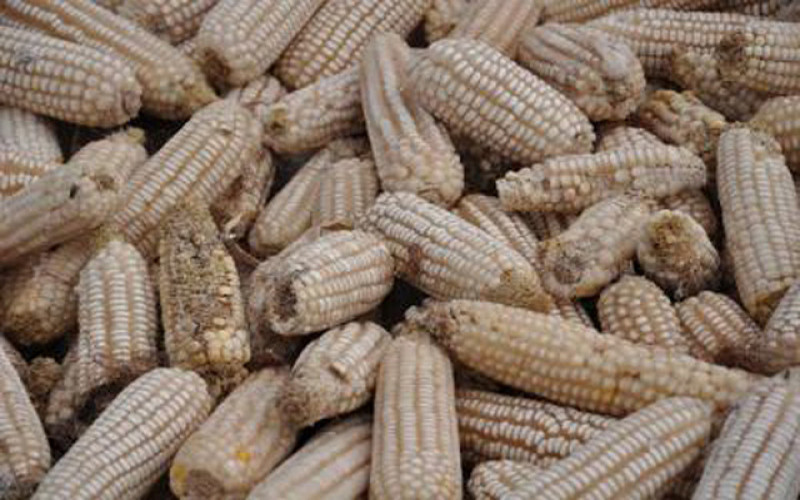
The United Grain Millers Association has warned Kenyans of high aflatoxin in the Ugandan maize currently circulating within the country.
Speaking to a local tabloid on Wednesday, April 10, 2024, the association's chairman Kennedy Nyagah revealed that they have flagged consignments of maize imports from Uganda at the Busia border point which have tested for high levels of aflatoxin.
“We have had to turn away Ugandan maize on account of being contaminated with aflatoxins. Nevertheless, locally sourced stock is well dried, but we are worried that after we reject this Ugandan stock, it will still end up in the local market,” he was quoted as saying.
Nyagah further stated that the millers will refrain from milling maize coming out of Uganda.
"Our aflatoxin testing machines have picked worrying trends in the Uganda cereals to a tune of over 200 parts per billion, as opposed to the recommended ten to twenty parts per billion in the Comesa region,” he explained.
Nyagah expressed concerns that despite the country having two state-of-the-art machines that can remove aflatoxin in maize by up to 98 per cent, untested grains are still finding their way to the market.
In February this year, the Canadian government donated the two machines worth about Ksh190 million through TradeMark Africa (TMA) to help boost food security in the region. One of the machines was setup in Nairobi while the other was set up in Bungoma, a few kilometers from the Busia border point.
“We are working with KEBS at the border to clear this mess, and it is suspicious since it is so cheap to buy maize from Uganda and bring it here, so that points to something sinister and there is need to check on that,” Nyagah noted.
He further highlighted that Kenyans getting their flour from posho mills are most likely to be affected if they are sold unexamined maize.
“Given the hard economic times, many Kenyans may not be able to purchase properly examined maize flour, and the possibility of consuming aflatoxins in their meals are high,” he says.
Aflatoxin is a poisonous substance produced by fungi in cereal crops.
By Fridah Wangechi | 1 year ago
By Fridah Wangechi | 2 years ago